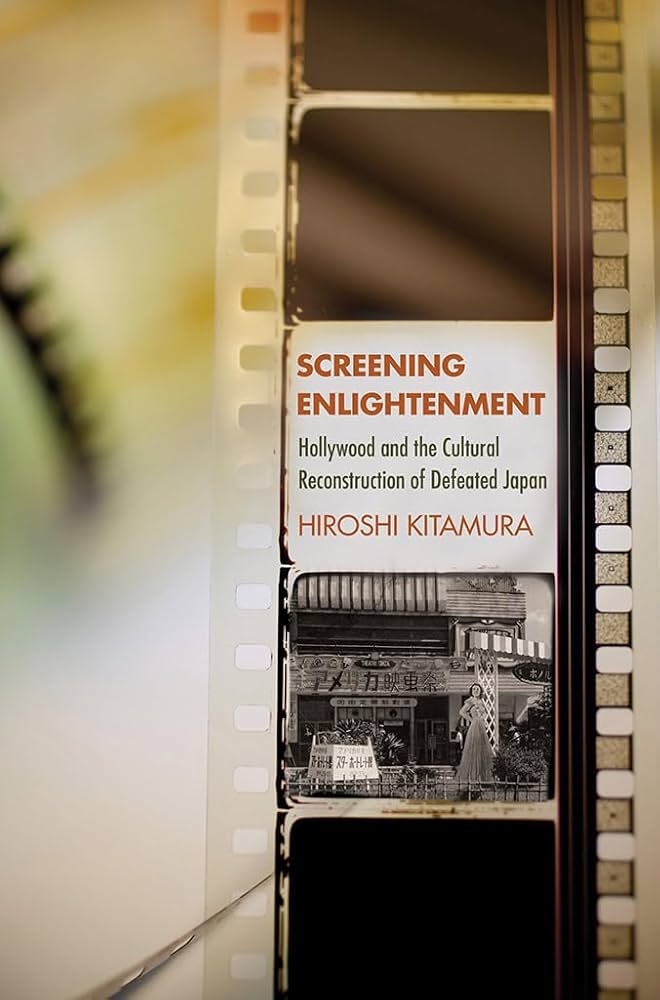The Man Behind 5,000 Movie Endings: Unveiling Kevin Goetz’s Impact on Filmmaking
The 1987 classic thriller, Fatal Attraction, is remembered for its electrifying finale where Beth, portrayed by Anne Archer, eliminates Alex, the character embodied by Glenn Close. But the original climax of this movie took an entirely different path, with Glenn Close’s character committing suicide post her illicit affair with Michael Douglas’s character, Dan. Dan was held responsible for her tragic demise, with the concluding scenes spotlighting his wife’s desperate attempts to vindicate him. However, the version that remains etched in every viewer’s memory is the dramatic scene of Beth getting rid of Alex in an act of apparent retribution that catapulted Fatal Attraction’s success at the box office.
Behind this change of ending lies the lesser-known contribution of Kevin Goetz. As the one managing a focus group that watched the initial version of Adrian Lyne’s film, Goetz was instrumental in bringing about this iconic conclusion. A member of the group opined about wanting to see Alex’s character meet a more deserving fate and this sparked a significant reinterpretation of the story’s end. As a result, an alternate ending was filmed, opposing Close’s disapproval, who feared it would turn her character into a psychopathic murderer. This objection was overridden and the final chilling resolution of the movie went on to become one of the most notable in Hollywood’s history.
Over the past thirty years, Goetz has transformed the opinions of everyday movie-goers into valuable insights, to improve cinematic narrative. Approximately 300 individuals form a focus group viewing early versions of films. Goetz reins in their thoughts, analyses what they collectively express, and articulates this into clear feedback for the film creators to take into consideration during the editing process. Decisive conclusions are based on audience responses, sidelining personal opinions to focus more on the audience’s point of view.
Goetz, the founder and CEO of Screen Engine/ASI, has collaborated on nearly 5,000 films ranging from major hits like Titanic, Barbie and F1 to indie masterstrokes like Jordan Peele’s Get Out. The process of testing is a standard procedure for most films before their release, both in theaters and on streaming platforms. A group of potential viewers is assembled, much like political pollsters, whose general and specific reviews are gathered.
A key question posed to the group is whether they would ‘definitely’ or ‘probably’ recommend the film to someone they know. Based on the feedback from these people, Goetz amalgamates the data to assist filmmakers and studios in comprehending it and subsequently improve the film’s allure. This often involves adjusting the duration of the film, simplifying complicated segments, eliminating weak humor, and omitting insensitive content.
Over the years, pre-release screenings have proven their importance in turning good films into great ones. Notable examples include making Jaws more terrifying, leading Molly Ringwald to choose Andrew McCarthy over Jon Cryer in Pretty in Pink, and maintaining Loki’s survival at the end of Thor: The Dark World – a decision Tom Hiddleston likely very much appreciated.
Goetz emphasizes the immense potential this process has in taking a film from being acceptable to being exceptionally good. According to him, a movie at a C or a C-minus can, with the right audience input, be improved to a B-plus or even an A-minus. This improvement can bring a significant financial difference, optimistically stretching to hundreds of millions of dollars.
The insights of test screenings have also been known to save seemingly doomed ventures. For instance, after a disappointing initial review, World War Z went through a substantial overhaul, reshooting nearly a third of the film. Another example is Sonic the Hedgehog from 2020, where the lead character underwent a complete transformation after critical feedback.
As a youngster in Brooklyn, New York, Goetz dreamt of making it big on stage, doing acting, singing, and dancing. He appeared in numerous TV commercials and plays before earning an acting degree from Rutgers University in New Jersey. His journey brought him to Los Angeles, where he began working part-time with National Research Group, a consultancy, while continuing to chase his acting dreams.
This seemingly temporary gig, which involved moderating focus groups for test screenings, gradually became Goetz’s primary occupation. His years of dedication to this field haven’t waned his enthusiasm. He shares one constant rule of thumb from his years of experience: never mishandle a dog in a movie. This led to an additional scene in Back to the Future establishing that Doc Brown’s dog, Einstein, remains unhurt when tossed through time.
Lately, Goetz has noted that Hollywood has shown a tendency towards the predictable, leaning into sequels, prequels, remakes, and rehashes at the expense of fresh, creative visions. He attributes this trend to the high stakes of the film industry, leading to an increasing aversion to risk.
With thousands of screenings in his repertoire, Goetz could easily have become jaded, given that his job offers a behind-the-scenes glimpse into the reality of filmmaking. However, he admits to still enjoying sharing his favorite films with his husband and friends.
However, a consequence of his job that Goetz isn’t particularly fond of revolves around cinema’s favored snack – popcorn. Often asked if he indulges in this classic movie treat, his response is usually a firm ‘no’. As Goetz says it with a light chuckle, being in the world of cinema has made him smell popcorn every single night of his life.

